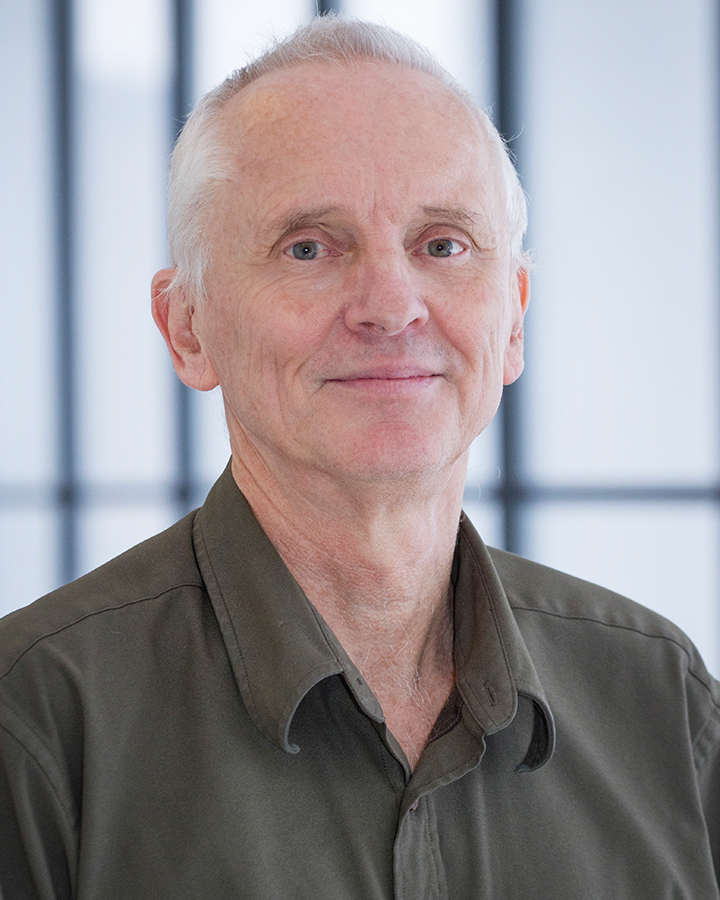A York University researcher and his colleagues are providing valuable insights into how to improve the sometimes deplorable conditions for hundreds of thousands of migrant workers who are working and living on industrial fishing vessels across the globe.
Media stories over the past decade have exposed the dark side of industrialized fishing. The fishermen, often from Southeast Asia, whom we rely on to put shrimp and tuna on our tables, have been experiencing labour and human rights abuses that include long, lonely working hours in treacherous weather, for as little as $500 a month.

Peter Vandergeest
Peter Vandergeest, a professor emeritus and senior scholar in York U's Faculty of Environmental & Urban Change, said he and his partners are using their research skills to uncover data and information that could inform strategies and change policies to improve conditions for these fishermen, many of whom need this work to support their families.
"We wanted to try to figure out what was going on, beyond the media scandals, and what kinds of strategies could lead to positive change," said Vandergeest, part of a team of Work at Sea researchers based at the York Centre for Asian Research at York U, as well as the University of Ottawa and the University of North Carolina at Chapel Hill.
Making life better for migrant fishermen could be about providing information that would support higher wages and fewer hours through organized labour, Vandergeest said. But it could also be as simple as ensuring workers have access to Wi-Fi while they are at sea so they can stay in touch with their loved ones. It could mean enforcing regulations that require ships dock every few months, giving fishermen a chance to feel the ground beneath their feet, socialize and pick up supplies.
Vandergeest said he and his colleagues are not direct activists. Rather, they are academics whose work can support advocacy for change.
"I wouldn't say we advocate per se, but we have a role as academics, where we can provide arguments for the activists and we can provide data and information that they can then use," he said.
That includes working in collaboration with organizations like the International Transport Workers' Federation and the International Labour Organization, non-governmental organizations and seafarer missions.
"We offer information and analysis that could guide the efforts of those people who are working on the advocacy side to change things for the better, and suggest how those changes might be incorporated into policy."
From Vandergeest's perspective, the big seafood processing companies and retailers that supply much of the seafood consumed by people around the world also have culpability when workers on those fishing vessels are mistreated.
As retailers seek to pay less for the products they sell, the processors are increasingly seeking out workers from low-wage countries, something Vandergeest views as "racial capitalism."
"Our argument is that when you look at seafood supply chains, the really dominant players are not the fishing companies," he said. "They have to sell their product to the big processing companies and also then eventually to the retailers, and these are the ones who kind of set the conditions."
While 80 per cent of the seafood Canadians consume comes from global seafood processing giants, Vandergeest believes boycotting the tuna we find on the grocery store shelves isn't necessarily the answer. Although, for those who can afford it, sourcing out ethically produced seafood would help.
"I think the solution is to improve working conditions and to fish sustainably, not to simply stop the industry," he said.
Read more about how York U is creating positive change for migrant fishermen at workatsea.info.yorku.ca/about-us.
This story was originally featured in the October issue of Aspire, a special issue of YFile highlighting research and innovation at York University.













